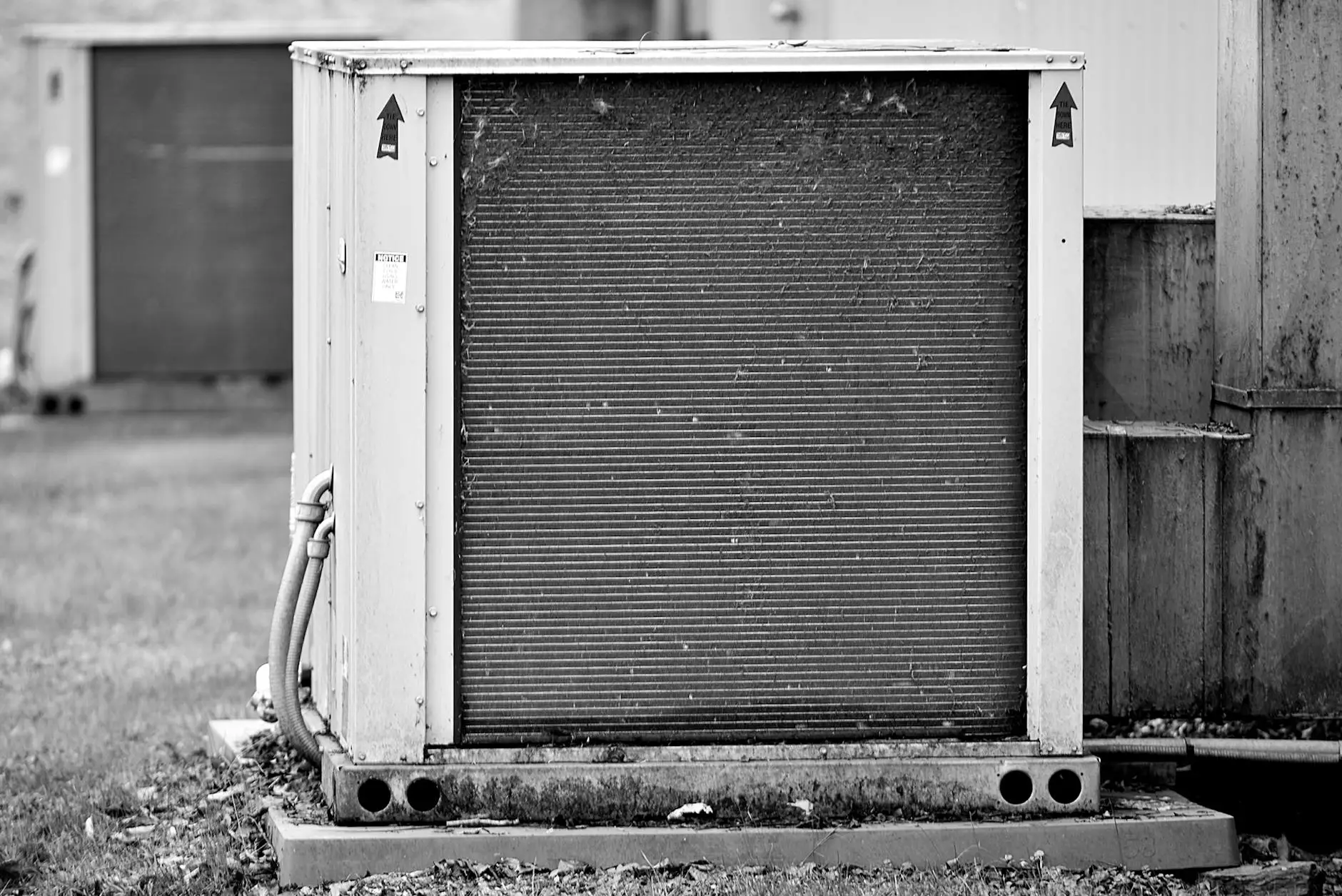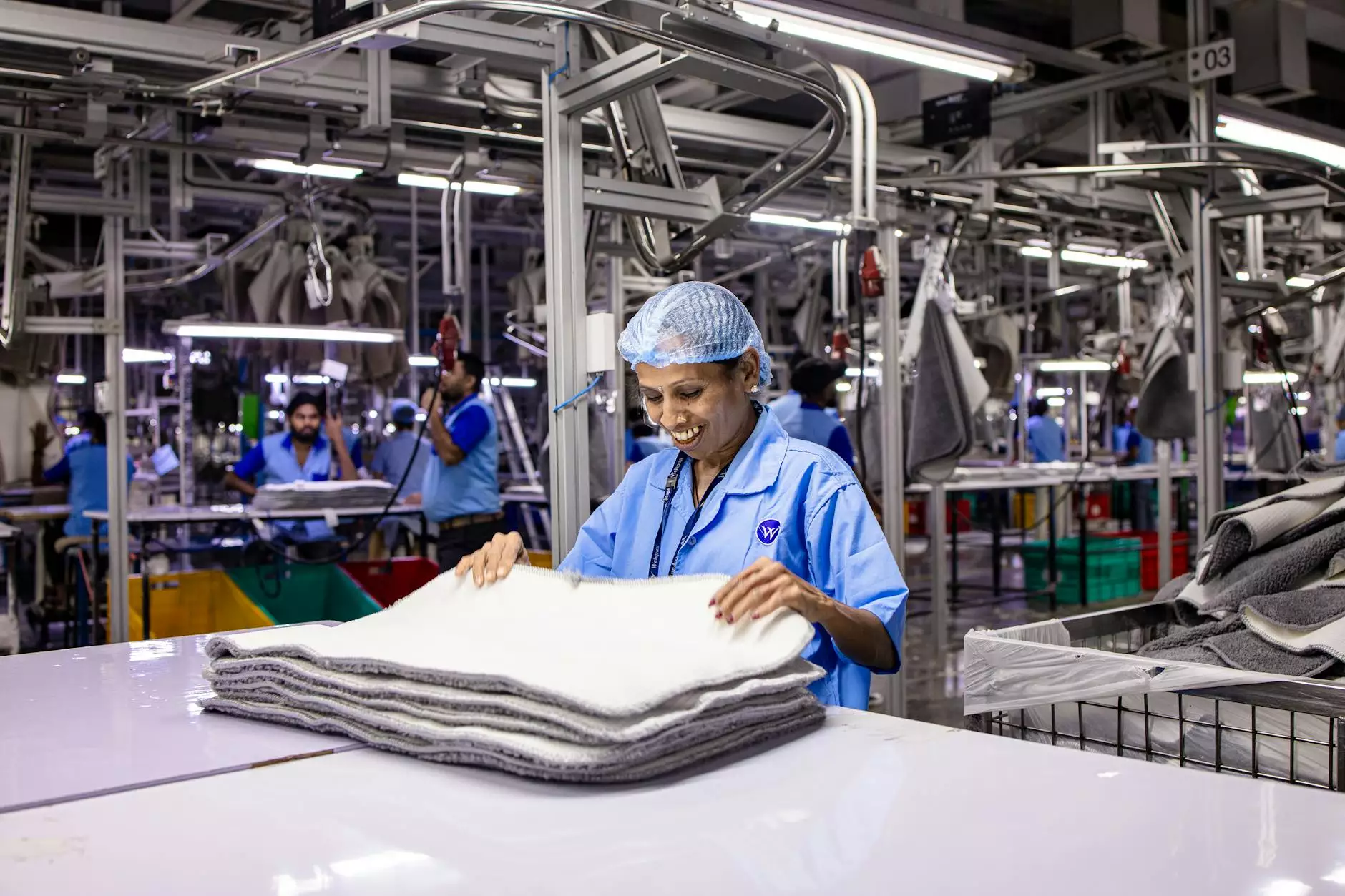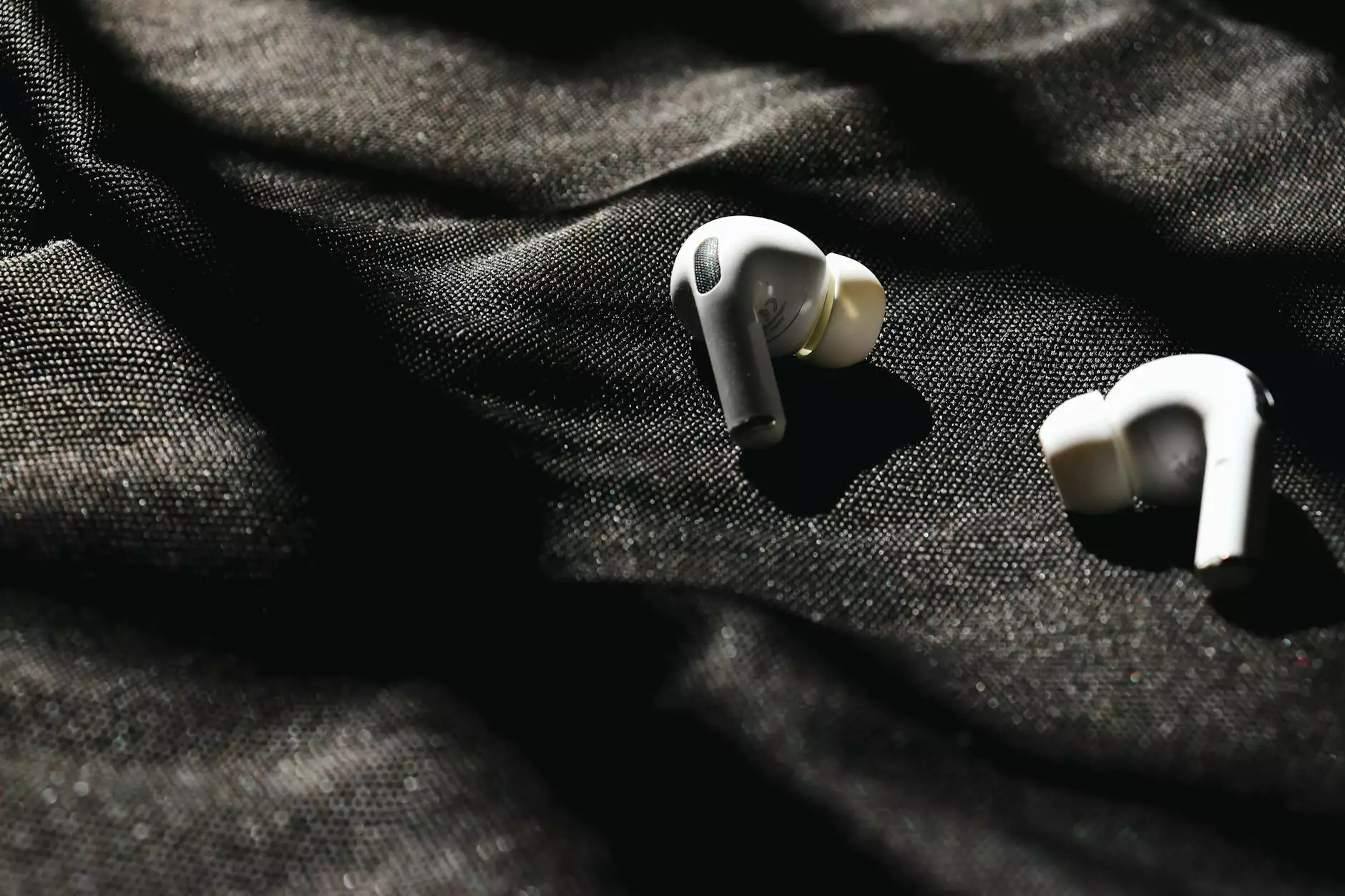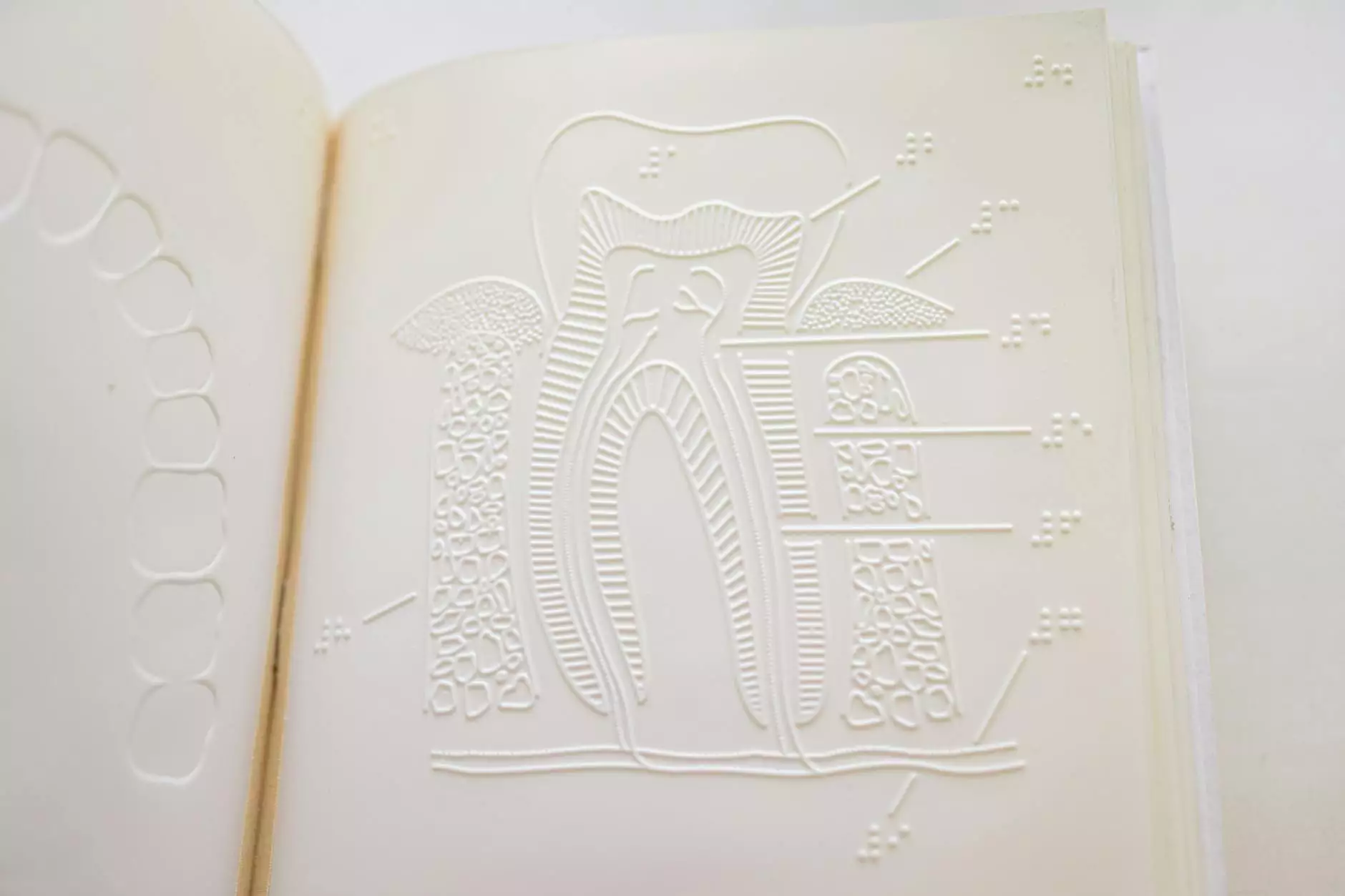The Ultimate Guide to HVAC Services

Heating, ventilation, and air conditioning (HVAC) systems play a crucial role in maintaining indoor comfort across varying climates. With advancements in technology, the HVAC industry has grown considerably, and so has the importance of reliable HVAC services. This guide focuses on various aspects of HVAC systems, helping you understand how to keep your systems running efficiently.
What is HVAC?
The HVAC systems are designed to provide thermal comfort and acceptable indoor air quality. The acronym HVAC stands for:
- Heating - This involves systems like furnaces and heat pumps that provide warmth during cold months.
- Ventilation - It refers to the process of exchanging or replacing air within a space to provide high indoor air quality.
- Air Conditioning - This aspect cools and dehumidifies the air, providing relief during hot days.
Why Regular Maintenance is Essential
Just like any other mechanical system, your HVAC system requires regular maintenance to ensure it operates efficiently. Here are some reasons why regular maintenance is crucial:
- Efficiency: Regular checks can improve the efficiency of your HVAC system, reducing energy costs by up to 30%.
- Longevity: Well-maintained systems have a longer operational life. Routine service checks can identify potential issues before they become significant problems.
- Comfort: A maintained system provides consistent and reliable comfort levels in your home.
- Health: Regular maintenance helps in filtering out pollutants and allergens, improving indoor air quality.
Key Components of HVAC Systems
The effectiveness of any HVAC system is dependent on its individual components. Here are some of the key components:
1. Thermostat
The thermostat is the control unit of your HVAC system. It detects the temperature in your home and signals the system to either heat or cool the space. Modern thermostats come with programmable features, allowing for greater energy savings.
2. Furnaces
Furnaces are used for heating and come in various types, including gas, electric, and oil. Choosing the right type depends on your home’s infrastructure and personal preferences.
3. Heat Pumps
Heat pumps can both heat and cool a home, providing an energy-efficient option for year-round climate control.
4. Air Conditioning Units
Air conditioners work by circulating refrigerant to absorb heat from inside your home and expel it outside. Understanding the different types of air conditioning units can help in making an informed choice, such as central AC units, ductless mini-splits, or window units.
5. Ventilation Systems
Ventilation is vital for maintaining air quality and managing humidity levels. Balanced ventilation ensures that fresh air is introduced while stale air is expelled.
Choosing the Right HVAC Service Provider
When it comes to engaging HVAC services, selecting the right provider is critical. Here are several factors to consider:
- Licensing and Certification: Ensure that the technician is licensed and certified by relevant industry organizations.
- Experience: Look for providers with extensive experience in the specific type of HVAC work you need.
- Reviews and References: Check reviews online and ask for references to gauge customer satisfaction.
- Service Offerings: Choose a provider that offers a full range of services, including installation, repair, and maintenance.
- Transparent Pricing: A reputable HVAC service provider will provide clear estimates and no hidden charges.
Energy Efficiency and HVAC Systems
With rising energy costs, energy efficiency has become a top priority for homeowners. Below are some ways to increase the energy efficiency of your HVAC system:
- SEER Rating: When purchasing air conditioners, look for the Seasonal Energy Efficiency Ratio (SEER) rating which measures efficiency; higher ratings reflect better efficiency.
- Regular Filter Changes: Changing air filters every 1-3 months can significantly improve energy efficiency and air quality.
- Smart Thermostats: Investing in smart thermostats can optimize usage patterns and reduce energy waste.
- Insulation: Proper insulation in attics, walls, and floors can help retain conditioned air, relieving strain on your HVAC system.
Common HVAC Problems and Solutions
Often, HVAC systems encounter common issues that can affect performance. Here are some prevalent problems and their potential solutions:
1. Inconsistent Temperatures
If some rooms feel warmer or cooler than others, this may be due to inadequate insulation, blocked ducts, or a malfunctioning thermostat. Consider contacting a professional from dihaairconditioning.com to assess and remedy the situation.
2. Strange Noises
Unusual sounds from your HVAC system can indicate various issues, such as loose parts or issues with the blower motor. A qualified technician can pinpoint the exact cause and recommend repairs.
3. High Energy Bills
If you notice a spike in your energy bills without a change in usage, your HVAC system may not be operating efficiently. Regular maintenance can help avoid this problem.
Conclusion
Ultimately, investing in your HVAC system is investing in your comfort, health, and overall well-being. Regular maintenance, choosing the right service provider, enhancing energy efficiency, and addressing common issues promptly can make a significant difference in your heating and cooling experience. For expert HVAC services and more information, explore dihaairconditioning.com.
Frequently Asked Questions (FAQs)
1. How often should I have my HVAC system serviced?
Regular maintenance is recommended at least once a year, ideally twice a year—once for heating and once for cooling systems.
2. What are the signs that my HVAC system needs repair?
If you notice strange noises, inconsistent temperatures, or increased energy bills, it may be time to consult a professional.
3. Can I perform maintenance on my HVAC system myself?
While some tasks like changing filters can be DIY, it’s best to hire a professional for comprehensive maintenance and repairs.
https://dihaairconditioning.com/








